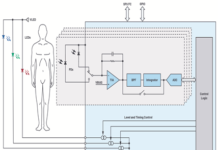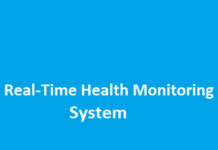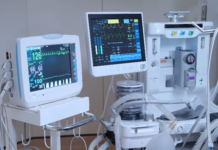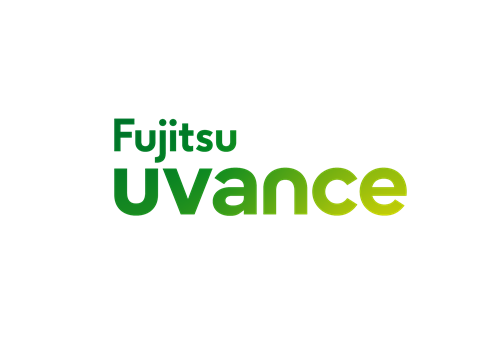
GMO Research Activity Support & Technology, Inc. and Fujitsu Limited announced the successful development of a service on Fujitsu’s Computing as a Service (CaaS) platform to put the research results of the supercomputer Fugaku into practical use in March 2024. GMO Research Activity Support & Technology will now deploy the service, which offers an analysis environment for brain MRI data that leverages software and data developed with Japan’s Fugaku, one of the world’s leading supercomputers, on the cloud via Fujitsu’s CaaS platform.
From October 2023 to February 2024 the Brain Connectomics Imaging Team of the Biosystems Dynamics Research Center of RIKEN tested the service, which the project team anticipates will contribute to the early, automated diagnosis of conditions like dementia.
Realizing a “Digital Brain” to transform the way we fight neurological conditions
In March, 2024 Japan’s Ministry of Education, Culture, Sports, Science and Technology (MEXT) will initiate the “Integrated Neuroscience Program,” a six-year research project to develop drugs for the treatment of dementia. Anticipated outcomes for the project include the development of digital twin models that can simulate and predict pathological conditions and the creation of a “digital brain” as a research platform. Converting the raw data (magnetic resonance signals) acquired by MRI into image data suitable for various analysis purposes, however, remains a bottleneck to large-scale projects, requiring a huge amount of preprocessing analysis.
To address these challenges, Fujitsu has selected GMO Research Activity Support & Technology, which has been engaged in R&D support in the medical field using AI and big data, as part of its co-creation partner program, “Fujitsu Accelerator Program for CaaS” (1). Fujitsu and GMO Research Activity Support & Technology have been working closely to conduct R&D into large-scale analysis of medical big data using the world-class computing capabilities of HPC systems including Japan’s Fugaku supercomputer.
Details of the service
GMO Research Activity Support & Technology has delivered an analysis environment that preprocesses open and closed data for researchers to develop brain MRI analysis AI tools quickly and easily.
This preprocessing function performs processes such as correcting motion and distortion of data, reducing noise, etc., depending on the objective of the analysis task. Utilizing the research results from Fugaku, the processing time of brain MRI data for thousands of patients, which would take an estimated two years with existing techniques, was reduced to two days. Users of this service can complete data processing within more practical timeframes by accessing these supercomputing resources on Fujitsu’s CaaS platform, helping accelerate the development of new AI tools in the medical field.
Key aspects of the initiative
This initiative marks the first time that software and data developed with Fugaku on Fujitsu’s CaaS platform will be provided to service users. Previously, there was no environment in which the results of R&D activities leveraging Fugaku could be provided as a service to end users, which made the practical use of innovations developed with the powerful supercomputer unfeasible for many. The CaaS platform draws on the same A64FX CPU as Fugaku, allowing users to seamlessly access software and data used with Fugaku on an environment purpose-built by GMO Research Activity Support & Technology.
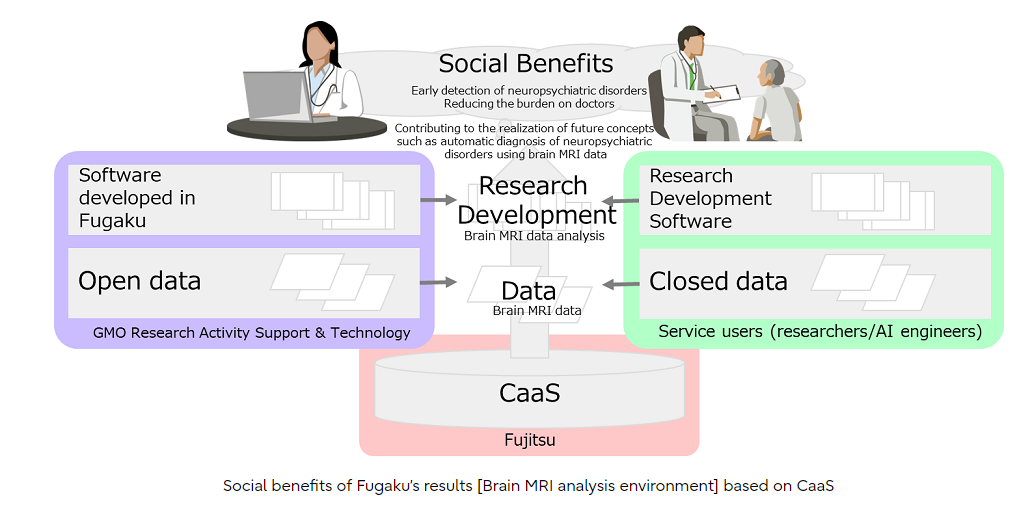
Future Plans
Going forward, GMO Research Activity Support & Technology will build a usage environment for developers and researchers for various applications, including brain MRI data analysis and AI automatic diagnosis. Fujitsu will continue providing users access to world-class computing capabilities on its CaaS platform to accelerate the practical application of the results of R&D initiatives, in a wider range of fields and industries, including disaster prevention.
As part of its vision for Fujitsu Uvance, which aims to realize a sustainable world, Fujitsu will continue to advance its Hybrid IT initiatives, connecting the world seamlessly and safely with digital infrastructure to realize a connected society.
Satoshi Matsuoka, Director of RIKEN Center for Computational Science, comments:
“The results of using the supercomputer Fugaku have the potential to generate major innovations in the medical field. High-speed computing power allows us to analyze vast amounts of medical data and gain new knowledge that will lead to the development of disease mechanisms and treatments. We believe that the social implementation of the results of Fugaku through the so-called “Virtual Fugaku” will lead to the provision of innovative medical services and the creation of new industries.”
Takuya Hayashi, Team Leader, Laboratory for Brain Connectomics Imaging, RIKEN Center for Biosystems Dynamics Research, comments:
“There are still many things we do not understand about the structure of the human brain and the mechanisms of disease. To shed light on this, it is necessary to develop analytical techniques and calculations for massive amounts of brain MRI data through international collaboration. On the other hand, the introduction and maintenance of a brain MRI analysis environment using HPC is essentially, not a research theme for life and medical scientists, and it is technically challenging and time-consuming. We believe that services that provide such an analysis environment will be of great help to researchers working across countries to solve difficult problems.”





